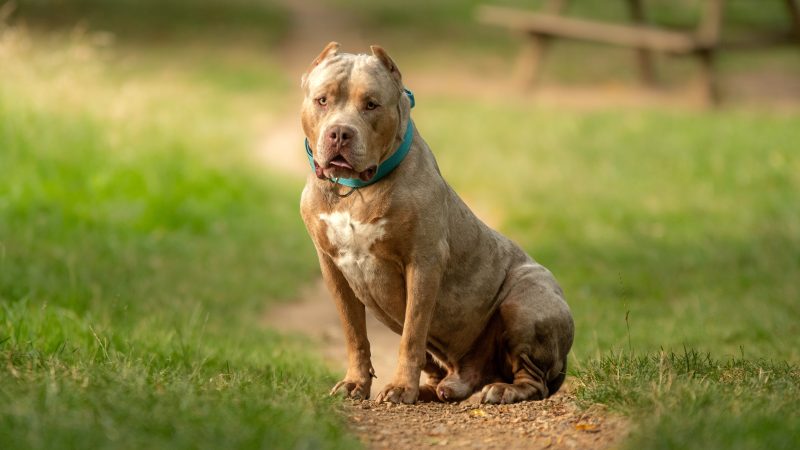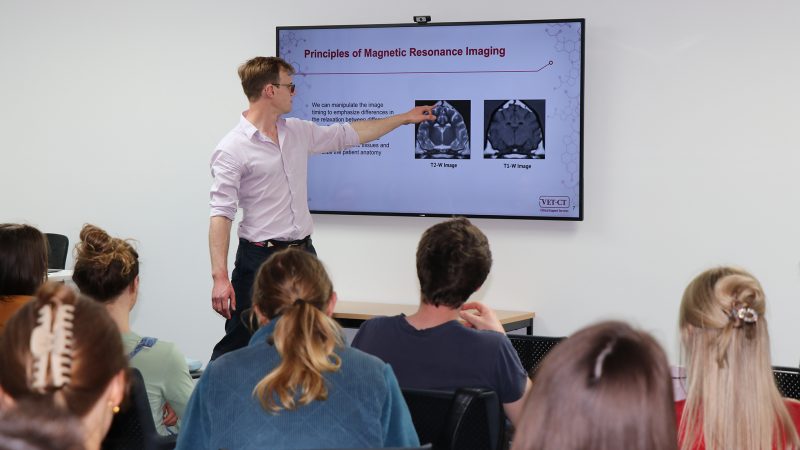Vets disappointed by overweight show horses

Vets have told of their disappointment at the number of overweight horses competing and being placed at Royal Windsor in May.
The British Equine Veterinary Association raised concerns over at the event which took place from May 11 to 15.
A spokesman said: “BEVA was extremely disappointed to see overweight horses taking part in Royal Windsor Horse Show and being highly placed.
“A huge amount of effort has been put into educating the equestrian world on the risk to health posed by obesity, and there has been great progress made at a number of shows and classes. However, despite this, some horses continue to be willingly and intentionally kept in obese condition and rosettes continue to be awarded for it. “
BEVA added that obesity-related laminitis is a frequent cause of death in UK horses.
“We strongly urge owners, riders and judges to speak to their vet or qualified nutritionist and learn how to identify horses that are overweight,” the spokesman added. “This will enable weight management measures to be instigated to avoid this agonising, preventable and life-threatening condition, as well as other adverse effects of equine obesity.”
Responding to the criticism Showing Council chairman Jane Nixon, told Horse & Hound magazine “It was more prevalent in some classes than others, which I think others would agree with,” she said. “Across the board over the past few years, especially since the start of Covid, we do seem to have made some inroads, but there’s no question, obesity still exists.
“We need to look positively at the situation; a lot of hard work has been done, by welfare groups, vets and showing organisations. We need to take a positive view, but much still needs to be done.”
Dr Nixon added that Windsor highlighted the issue, which “could be considered a watershed moment”.
“I think the balance is now tipping towards horses in the appropriate condition,” she said. “BEVA is right; obesity needs to be challenged, in the right way. I think we need to be proactive, and say well done to those doing it right, but that it is still there, and a serious welfare issue.”







